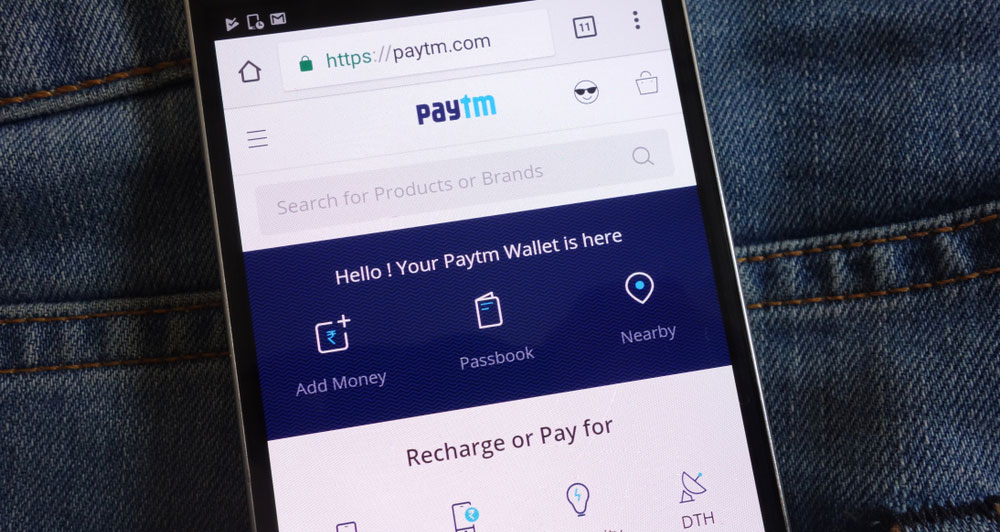Rana Kapoor, co-founder of Yes Bank, is understood to be considering at least a partial sale of his stake in the private sector lender to fintech major Paytm.
The buzz is that Kapoor has already held preliminary discussions with Paytm founder Vijay Shekhar Sharma, but much would depend on the Reserve Bank of India (RBI).
Current RBI norms say any acquisition of shareholding or voting rights of five per cent or more in a private sector bank will be subject to its prior approval.
Moreover, in this case, since Sharma already owns a stake in Paytm Payments Bank, approval from the central bank may be necessary.
Data available with the stock exchanges show for the quarter ended June 30, Kapoor and his family held 9.6 per cent stake in Yes Bank.
Of this, Kapoor held 10 crore shares (a 4.31 per cent stake), while Morgan Credits Pvt Ltd (MCPL) held 7.2 crore shares (3.03 per cent stake), and Yes Capital, 7.5 crore shares, or a 3.26 per cent stake.
However, in July, the bank had informed the exchanges that the entire stake of Kapoor and MCPL had been pledged with Reliance Nippon Life Asset Management (RNAM). Though Kapoor could not be reached for comments, reports said he was keen to sell his and his family members’ shareholding for almost Rs 2,000 crore and that he had taken approval from RNAM for the sale.
The news drove up the Yes Bank share on the bourses on Monday, ending with gains of 4.47 per cent, or Rs 2.70, at Rs 63.10 on the BSE.
The counter has been on a downhill ride over the past one year, falling more than 80 per cent after the banking regulator did not extend Kapoor’s tenure and asset quality concerns surfaced.
The markets were closed on Tuesday on account of Muharram While there was no confirmation on whether Kapoor will sell his entire stake, Yes Bank CEO Ravneet Gill told Reuters that the bank is close to selling a minority stake to a global tech player.
Bank plans
Gill had earlier said that the lender was planning to raise over $1 billion. Last month, it had raised Rs 1,930 crore through a qualified institutional placement (QIP).
In September 2018, after Madhu Kapur, the wife of late Yes Bank co-founder Ashok Kapur, had sold part of her stake, Kapoor took to Twitter to say that even after demitting office of the MD & CEO he will not sell his Yes Bank shares.
“I will eventually bequeath my Yes Bank promoter shares to my three daughters and subsequently to their children, with a request in my will stating not to sell a single share, as diamonds are forever!’’ he had said.
Madhu Kapur has 17.5 crore shares, of which 1.6 crore shares are pledged. The holding of Mags Finvest, (her associate firm) is 3.7 crore shares, and none of the shares are pledged.
Gill has told Reuters the stake sale was likely to be less than 10 per cent initially but could rise, describing the buyer as one of the world’s top three technology companies that had not previously invested in a bank. He did not name the investor.
The board has given India’s fourth largest private lender the go ahead to raise more growth capital. The bank has approval to raise $1.3 billion but aims to bring in an additional $1 billion to $1.2 billion via a preferential allotment.
Under Indian central bank rules, an individual shareholder cannot hold more than 15 per cent in a bank.
Gill said that “15 per cent at the current market cap is not much but hopefully we will tranche the deal and as the price goes up that amount that we get for the deal will also go up.”
With inputs from Reuters











